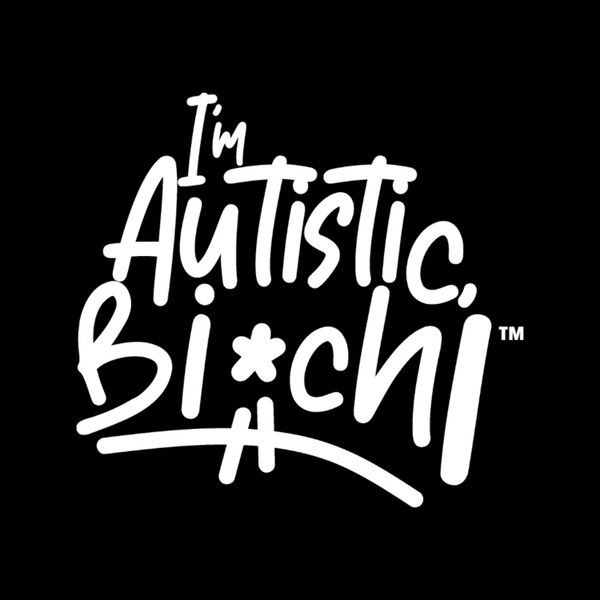
Understanding Effective and Cognitive Empathy
- Effective empathy involves socially acceptable emotional responses based on an understanding of others' feelings.
- It is often misinterpreted as a lack of empathy when individuals struggle to navigate social situations.
- Cognitive empathy, contrary to common belief, is not merely about thinking; it relates to intuitively feeling others' emotions.
The Role of Mirror Neurons
- Mirror neurons are specialized brain cells that activate both when a person performs an action and when they observe someone else performing that same action.
- These neurons facilitate the ability to empathize by allowing individuals to mirror the emotions and actions of others.
- The activation of mirror neurons contributes to deep emotional memories, enabling one to relate to others' feelings.
Different Types of Empathy
- Motor Empathy: This refers to the capacity to express subtle emotional signals through body language and actions, which some individuals may struggle with, leading to misunderstandings.
- Reciprocal Empathy: This is the ability to respond to others' emotional cues without explicit instructions, including comforting others and engaging in social interactions effectively.
- Individuals on the autism spectrum may exhibit difficulties in these areas, affecting their social engagement and emotional exchanges.
Personal Insights on Empathy
- The speaker reflects on their own experiences with empathy, recognizing they possess effective empathy but struggle with cognitive empathy.
- They express a desire for concise communication from others, highlighting the challenges faced in understanding and responding to social cues.
- Recognizing different empathy types can help individuals, especially in the autism community, better understand their interactions and emotional responses.
I'm Autistic, Bich! Podcast
“I’m Autistic, Bich!” is not your average neurodivergent podcast—it’s raw, unfiltered, and unapologetically real. Hosted by Ryan Perez, a late-diagnosed Black autistic advocate, creative, and survivor, this show dives deep into the messy intersections of race, disability, trauma, and healing.
Each episode breaks the silence around what it really means to live as an autistic person in a world that constantly demands conformity. From unmasking and burnout to family drama, systemic oppression, and reclaiming joy, Ryan brings his signature honesty, sharp wit, and radical compassion to every mic drop.
Whether you’re autistic, “autistic pending,” self-diagnosed, or just here to learn—this podcast is your permission slip to stop pretending and start being.
Expect unfiltered conversations, guest interviews, community spotlights, and survival strategies that don’t require you to sell your soul. “I’m Autistic, Bich!” is more than a podcast—it’s a movement.
Come as you are. Stay if you’re real. Let’s rewrite the damn narrative.